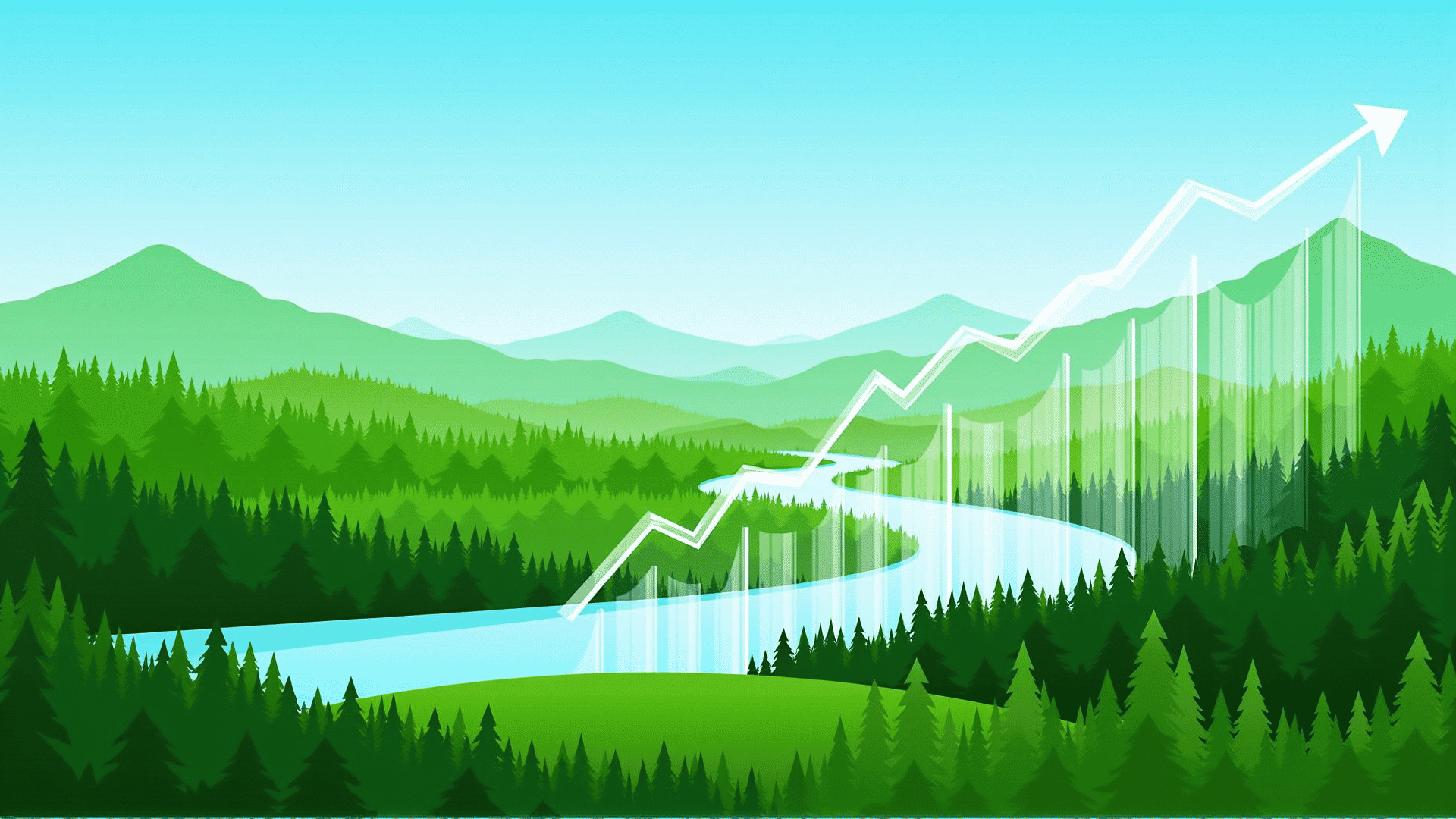In today's rapidly changing world, the idea of sustainability in economics has gained considerable traction. At its core, sustainable growth aims to balance development and resource conservation to safeguard the future while accommodating present needs. As countries and local communities strive for long-term progress, embracing sustainable strategies is imperative to promote resilience and inclusivity.
A fundamental approach for sustainable development is the integration of eco-friendly practices into traditional frameworks. This involves enhancing energy efficiency and reducing waste through innovative technologies and processes. Transitioning to renewable energy sources, like solar and wind, can significantly decrease carbon emissions, contributing to a healthier planet while reducing dependence on finite resources. Implementing these practices at a local level, such as community solar projects, not only promotes cleaner energy usage but also enables local participation and ownership in energy solutions.
Sustainable agriculture is another vital aspect that addresses global food security concerns. Encouraging practices like organic farming, crop rotation, and agroforestry helps preserve soil health, reduce chemical usage, and promote biodiversity. By supporting local farmers who apply these methods, both national governments and local entities can strengthen food systems, ensuring they are robust against environmental changes and fluctuations in global supply chains.
Circular economies offer a transformative perspective on sustainability. Instead of the traditional linear model of production and consumption, a circular model promotes recycling and reusing materials, extending the lifecycle of resources. Encouraging repair over replacement and redesigning products for easier recycling can have a significant impact on reducing waste. Communities and countries embracing such practices often see reduced environmental impact and job creation in recycling and repurposing sectors.
Education plays a crucial role in embedding sustainability in society's consciousness. By integrating these ideas into education systems, future generations can be better equipped to tackle challenges with innovative solutions. Environmental education should be prioritized at all levels, fostering awareness and active participation in sustainable practices from a young age.
Policies that incentivize sustainable initiatives can drive significant change. Subsidies and support mechanisms for clean energy projects, sustainable transportation options, and green building standards can motivate individuals and businesses to adopt sustainable practices. At a local level, planning urban spaces to reduce car dependency, enhance public transportation, and increase green zones can lead to healthier, more sustainable cities.
Social equity is an essential pillar of sustainability. Economic growth must be inclusive, ensuring that all segments of society benefit. Providing opportunities for marginalized groups through programs that enhance skills and access to resources can ensure their active participation in sustainable initiatives. This inclusivity strengthens communities and broadens perspectives, spurring innovative solutions that are culturally and socially appropriate.
In conclusion, adopting sustainable strategies in economic frameworks at both national and local levels is not only possible but necessary for a resilient future. These strategies integrate environmental stewardship, resource efficiency, policy innovation, and social equity, crafting a holistic approach to growth. By taking deliberate and coordinated steps, countries and communities can thrive sustainably, ensuring a vibrant future for generations to come.
